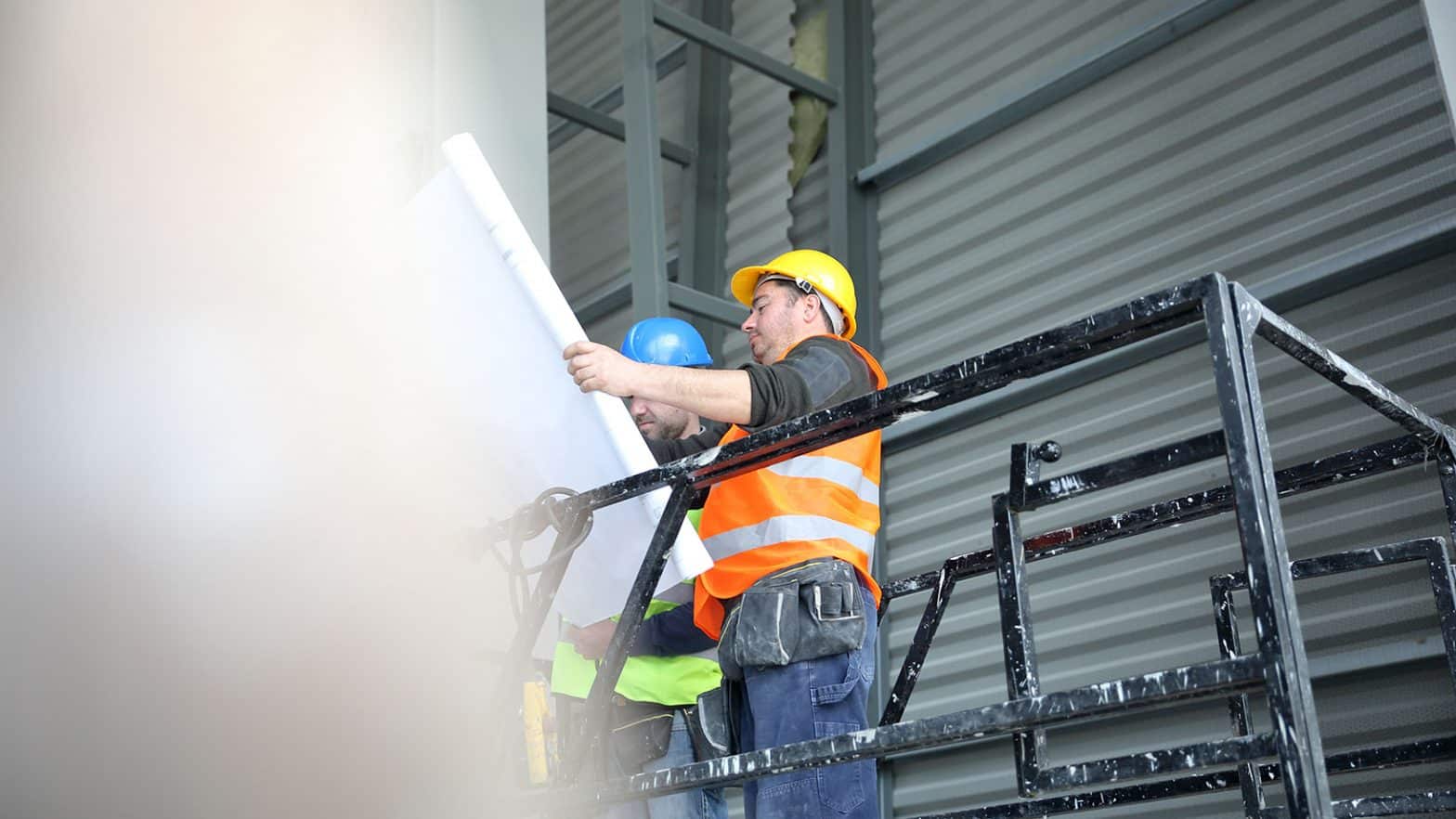
Consultation on new residential developer tax – a fair proposal?
On 29 April 2021, the Government launched a consultation on its proposal to impose a new Residential Property Developer Tax (“RPDT”) on annual profits of residential developers.
RPDT will be in addition to Corporation Tax and the new Gateway 2 levy imposed on developers of high-rise residential development.
Whilst the rate of taxation is to be determined, it is proposed that there will be an allowance so that only profits over £25 million will be taxed.
The consultation seeks views, amongst other elements, on what falls within residential development and how RPDT is to be assessed with companies and groups undertaking activities other than just pure residential development.
The Government feels affordable housing and Build to Rent development should both be caught by RPDT, as well as retirement development save for where care is provided.
The Government proposes to extend RPDT to include undeveloped land undergoing a change in use, for which planning permission to construct residential property has been obtained.
Residential property developer tax: the justification
The Government’s justification for RPDT is that the residential developer sector should play its part in funding the Government’s response to unsafe cladding on high rise developments. RPDT is referred to as being temporary with the aim of raising £2 billion over 10 years, commencing in 2022.
Wasn’t Income Tax supposed to be temporary when it was imposed by William Pitt the Younger in the 18th Century?
The obvious question is why residential developers, many of whom are not involved in high rise development, are being required to pay RPDT, particularly when they are already required to pay Corporation Tax.
Perhaps the real reason is controversies over recent years of some residential developers making very large profits whilst also benefitting from what amounts to funding from Government, eg Help to Buy and the recent stamp duty land tax relaxations.
Whatever the justification, the Government has had its eyes fixed on the development industry for many years. Previous attempts at greater taxation, more directly linked to land transaction themselves, have proved to be unsuccessful.
Development land tax and then the failed Planning Gain Supplement were abandoned.
Impact of a residential developer tax on housing delivery
The Planning White Paper proposed a new Infrastructure Tax to replace CIL and section 106 agreements but has come in for much criticism. You could even say that requiring market developers to deliver affordable housing on their schemes is really disguised taxation.
What harm is the market housing creating that justifies mitigation, in s106 parlance, by affordable housing delivery?
Perhaps if you are going to tax the residential development industry further, which many in the industry may feel is unjustified, doing so via corporate profits rather than on individual developments does seem more straightforward.
Will the RPDT have an impact, though, on the Government’s key objective of boosting housing delivery? Whilst it may have an impact on marginal viability sites, once RPDT is taken into account, would it truly impact when the RPDT is taxed on corporate profit?
From the consultation it seems the Government isn’t certain on how the industry will react.
The consultation runs until 22 July. A link to the consultation, if you wish to respond, is below. If you would like to have a conversation with us first, please get in touch with Jason Towell.
How we can help
Jason Towell is head of planning at Cripps. For expert legal advice on any planning issues contact Jason or the planning team.




 Download PDF
Download PDF
